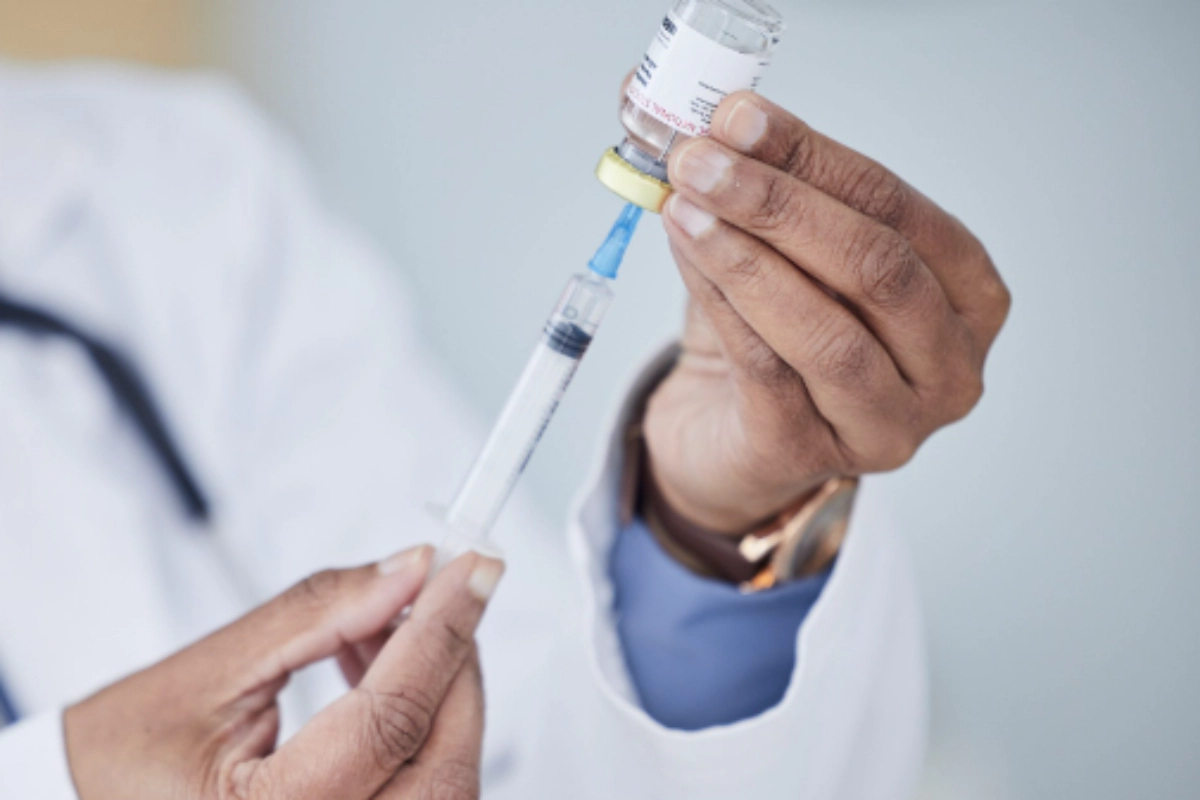Testosterone Therapy for Women: Hormone testosterone therapy in women refers to the administration of hormone testosterone with a view to treating many health disorders. Even though testosterone is associated more so with men, it does have immense importance in helping women regulate their mood, energy levels, and even libido. Here’s what testo-therapy is, its benefits, and drawbacks.
What is Testosterone Therapy?
Testosterone therapy for women is always aimed at correcting any condition resulting from low levels of the hormone, naturally arising with age, such as in case of menopause, or resulting from some other condition or illness. The therapy is undertaken to normalize or bring testosterone levels to optimal ranges so that, ideally, the body’s functioning could be returned to normal.
Benefits of Testosterone Therapy
Increased Libido: The greatest benefit is increased sexual desire. Women with low libido may benefit at huge if their level of testosterone is rising during treatment.
Increased Energy and Mood: Testosterone does help fight against fatigue and mood swings, hence increasing energy levels and emotional stability.
Increased Bone Density: Some research suggests that testosterone increases bone density so less likely to suffer from osteoporosis.
Better Muscle Mass: Testosterone therapy has a potential benefit in the preservation or increase of muscle mass, which can be helpful for both strength in physical activity and metabolic health.
Disadvantages of Testosterone Therapy
Risk of Side Effects: There are possible side effects such as acne, excess hair growth, deepening voice, and irregularities in menstruation. These symptoms might be more significant if the levels of testosterone increase beyond the level they should be.
Health Risks: There are specific worries regarding long-term health risks, such as the occurrence of side effects on cholesterol levels, liver function, and a higher danger for cardiovascular conditions.
Psychological Effects: Some women experience mood swings or aggressive behaviors, which can easily reduce interpersonal interactions and psychological well-being.
Lack of Standardization: The safety and effectiveness of testosterone therapy differ widely and thus warrants further research to establish standardized treatment protocols and long-term outcomes.
Testosterone therapy for women appears to hold a lot of potential benefits which are mainly related to the management of symptoms secondary to low testosterone levels. The risks and side effects of such a therapy, however must be taken into account very seriously. All women interested in this therapy should seek professional opinion from a health provider, weighing the pros and cons, and tailoring the treatment to address their special needs and all the prevailing health conditions.


